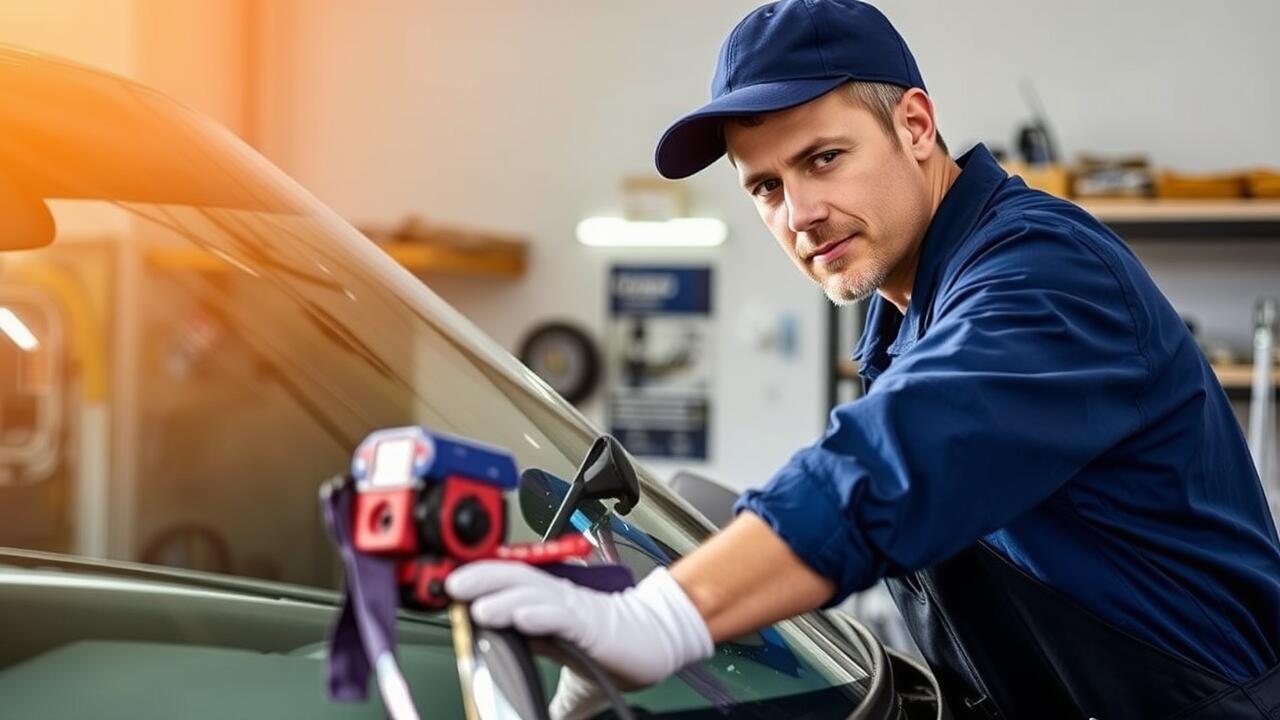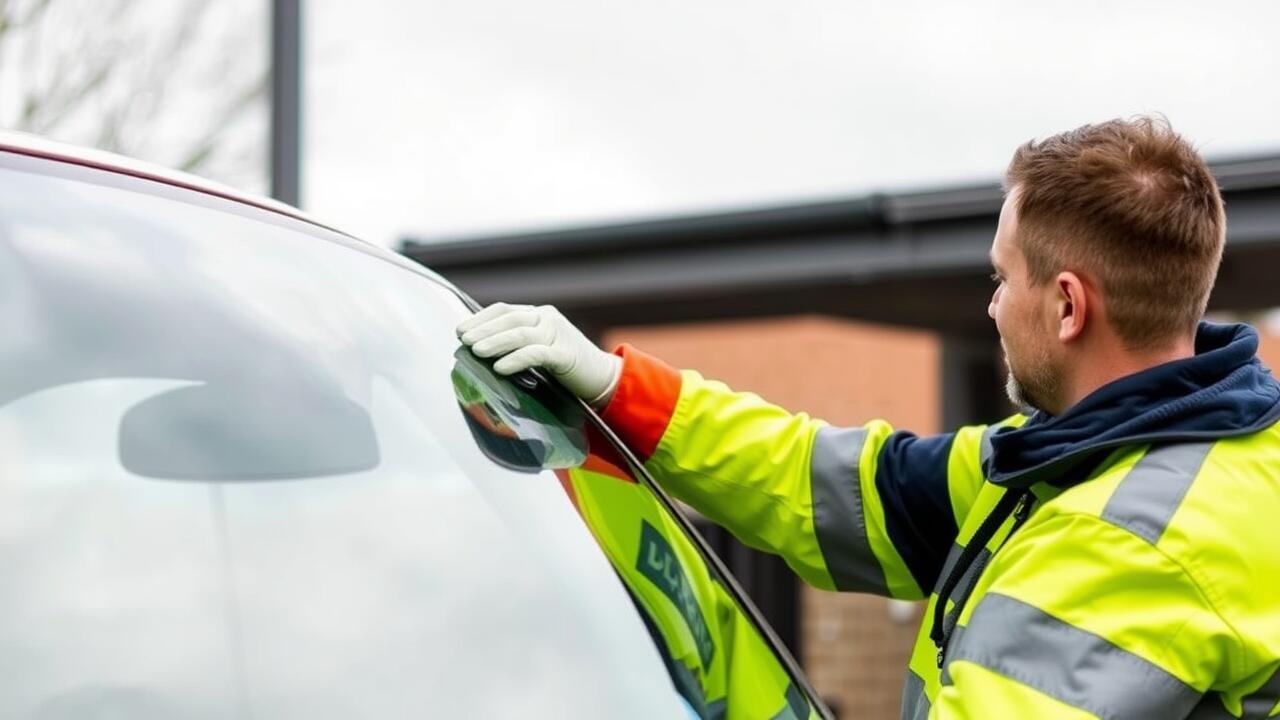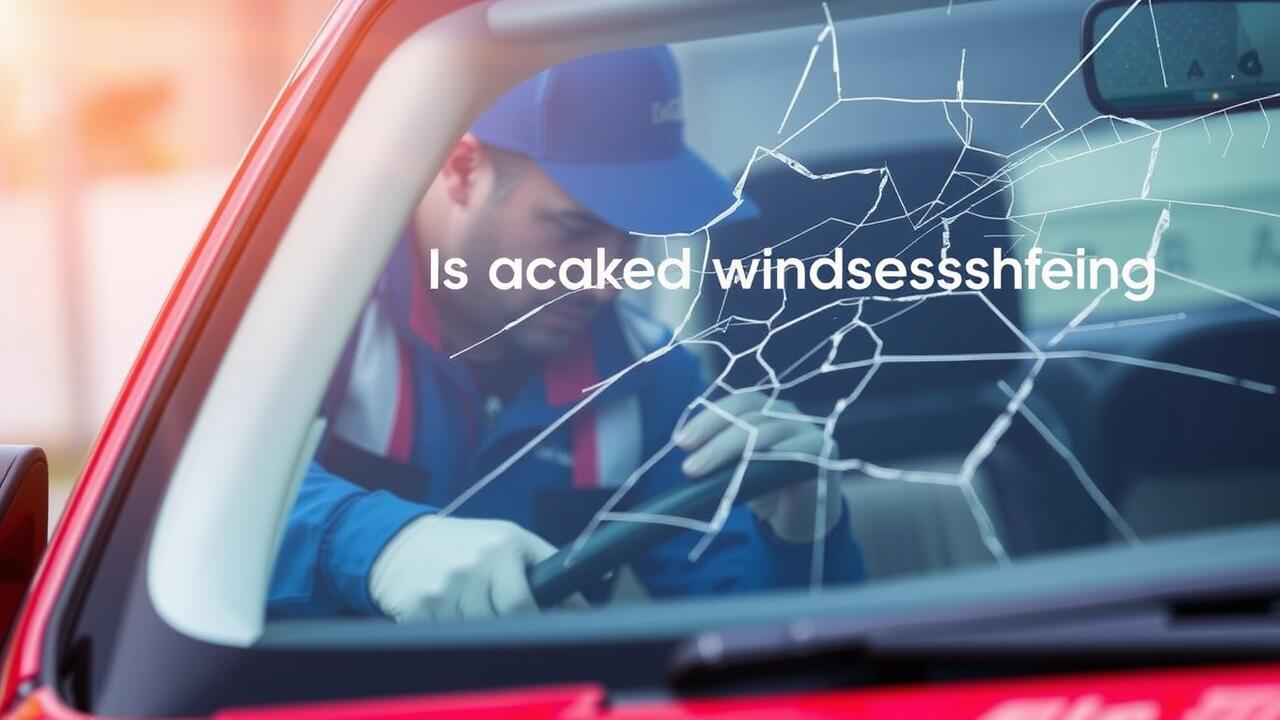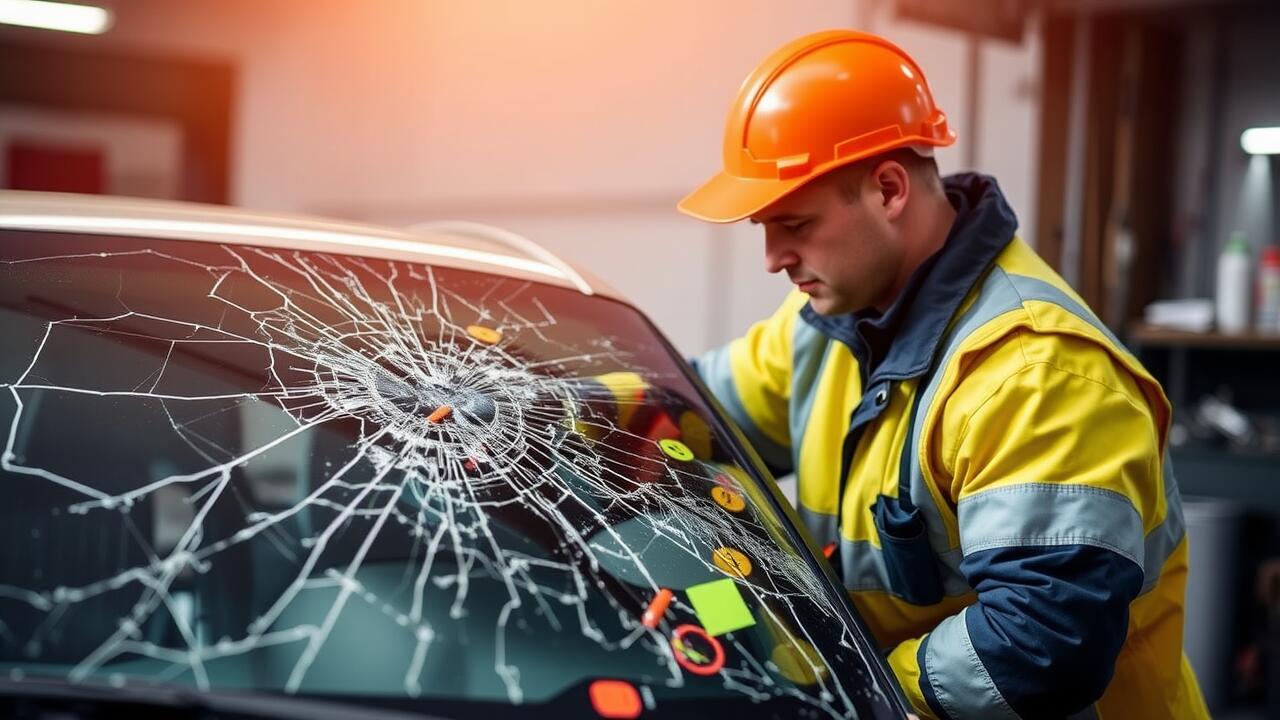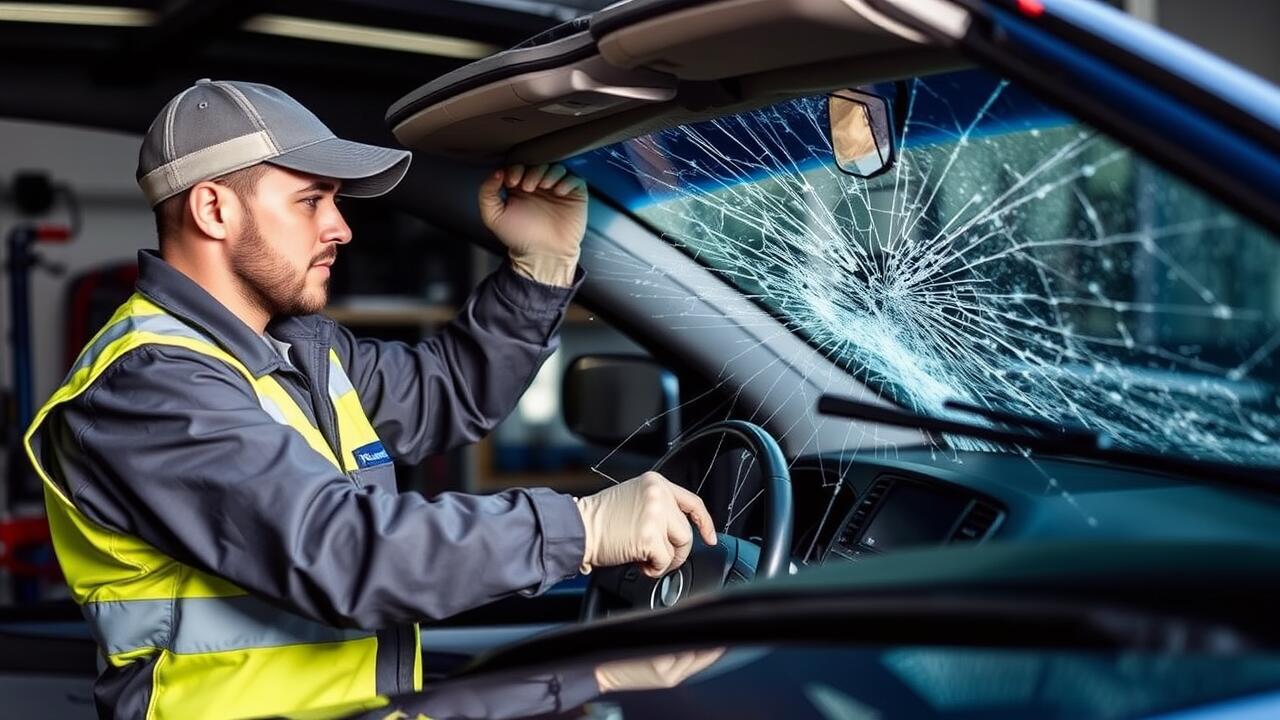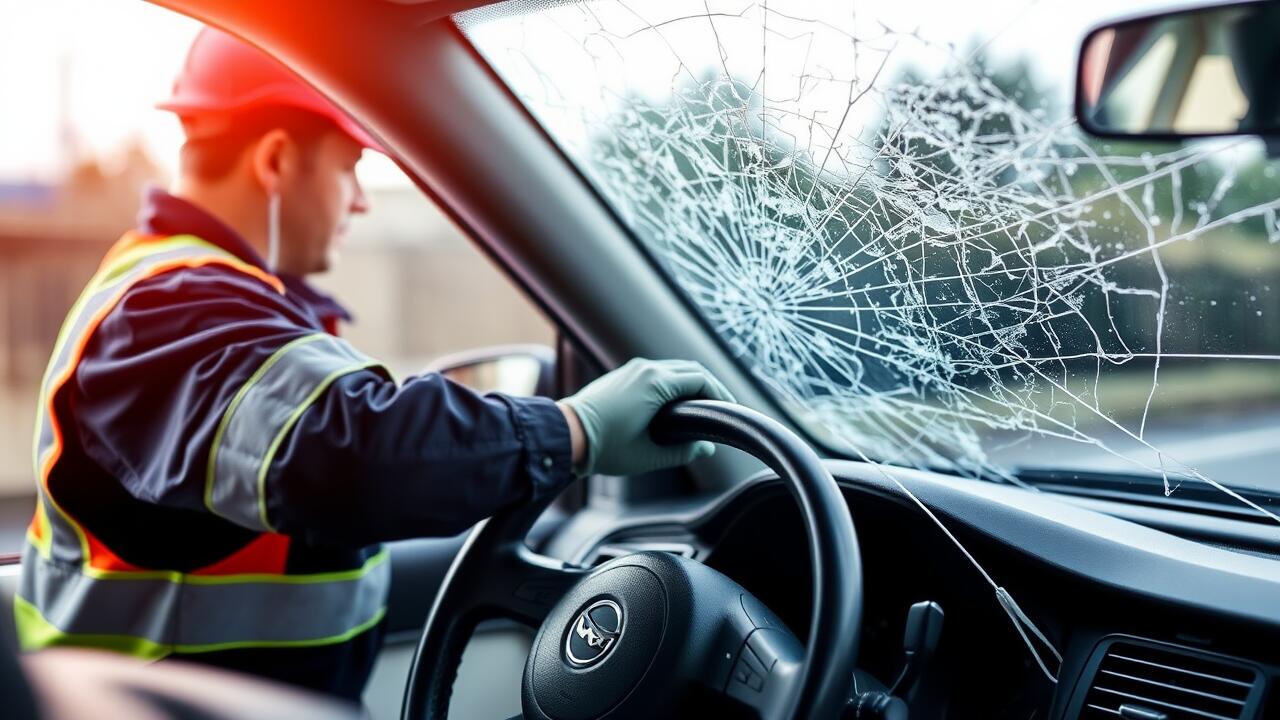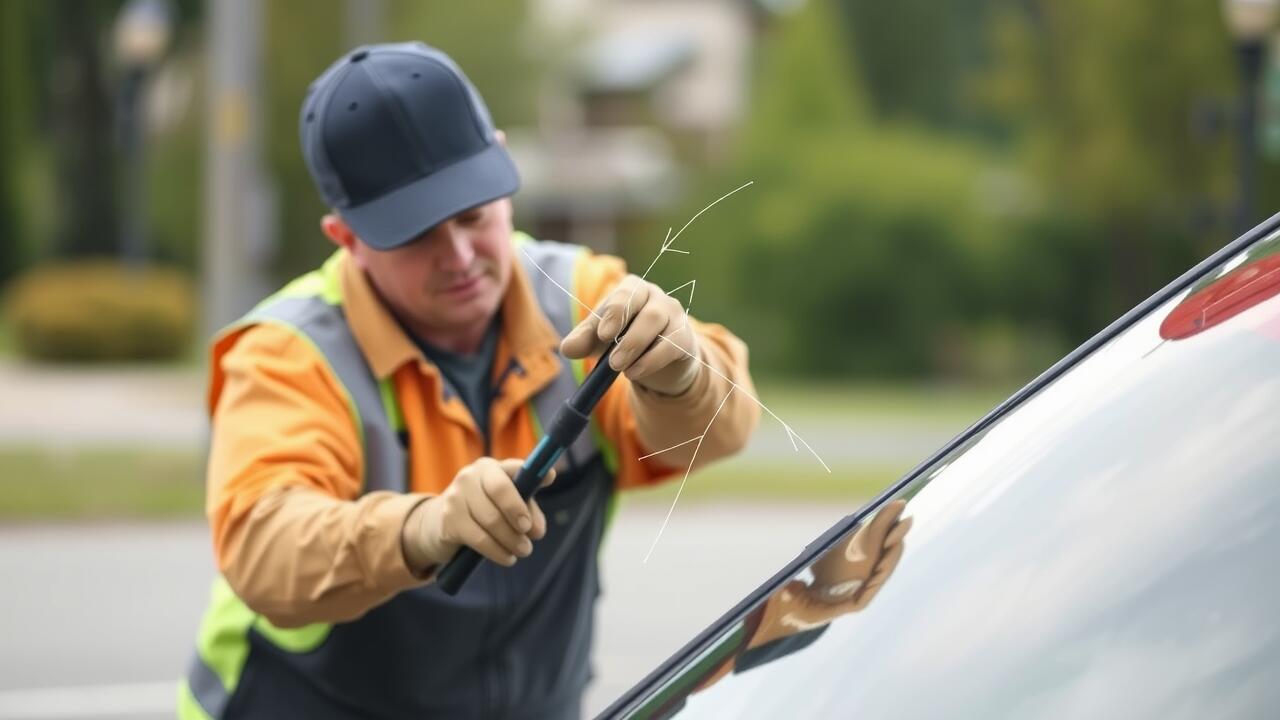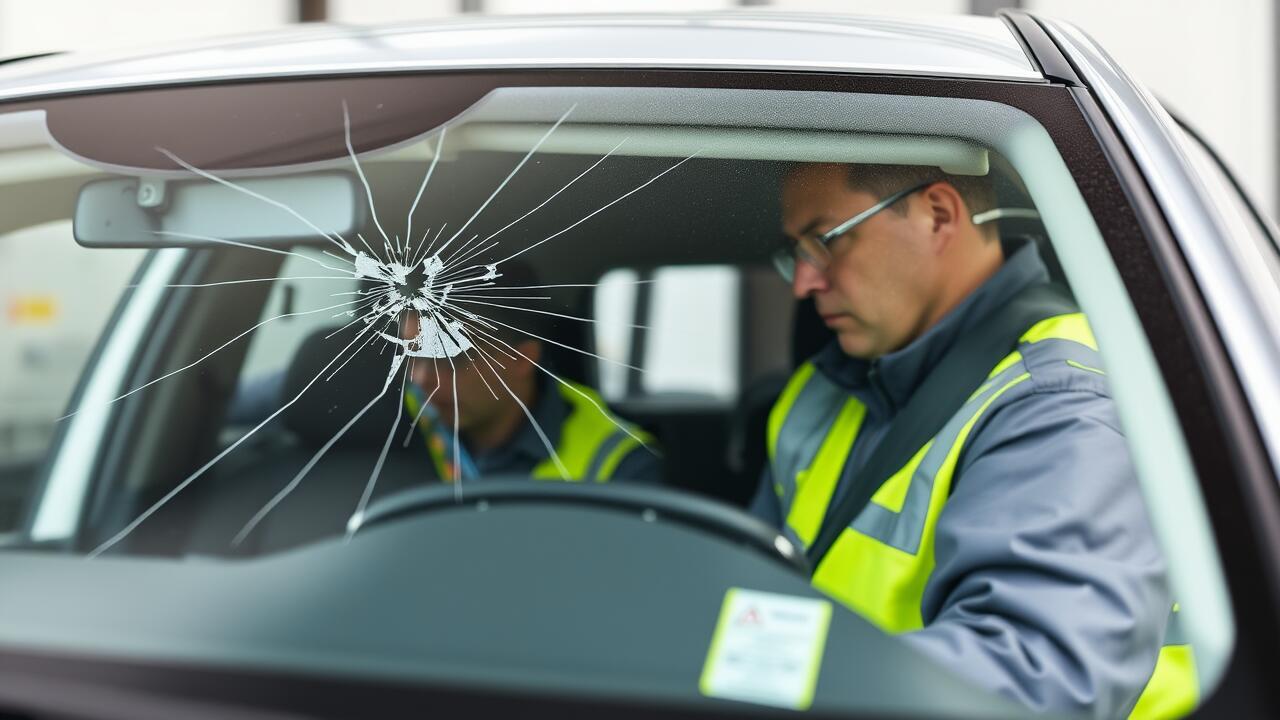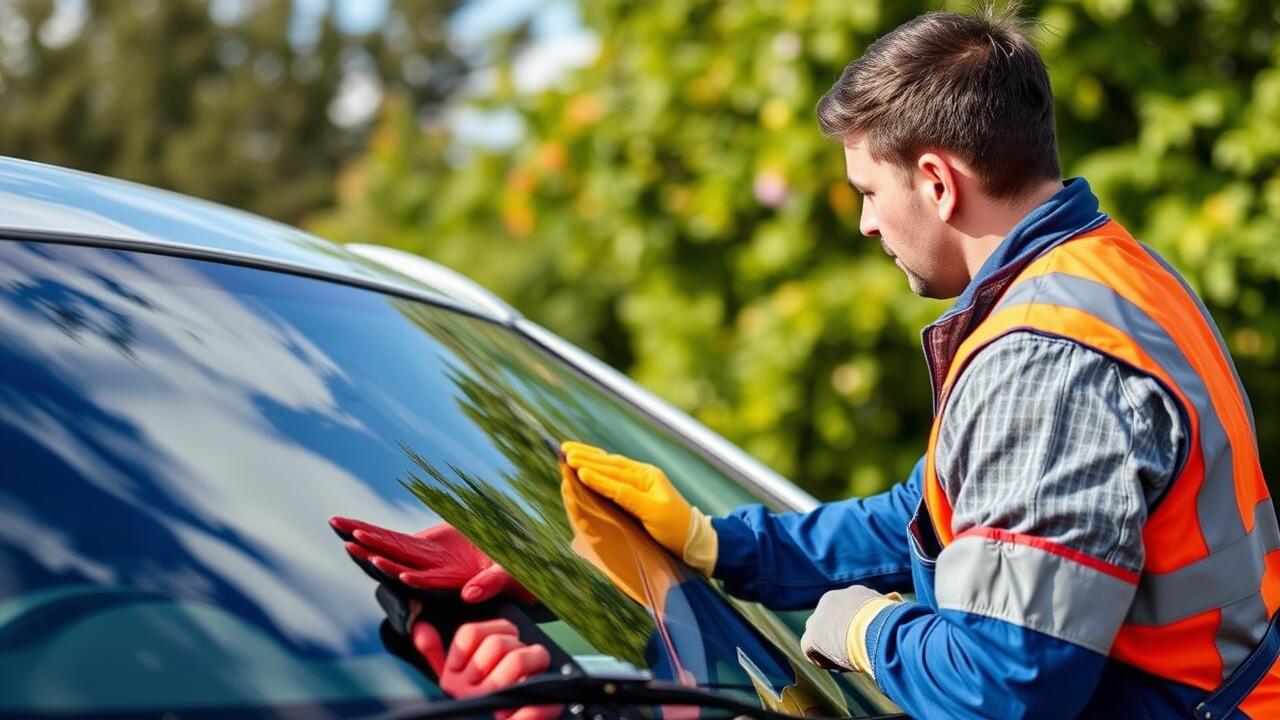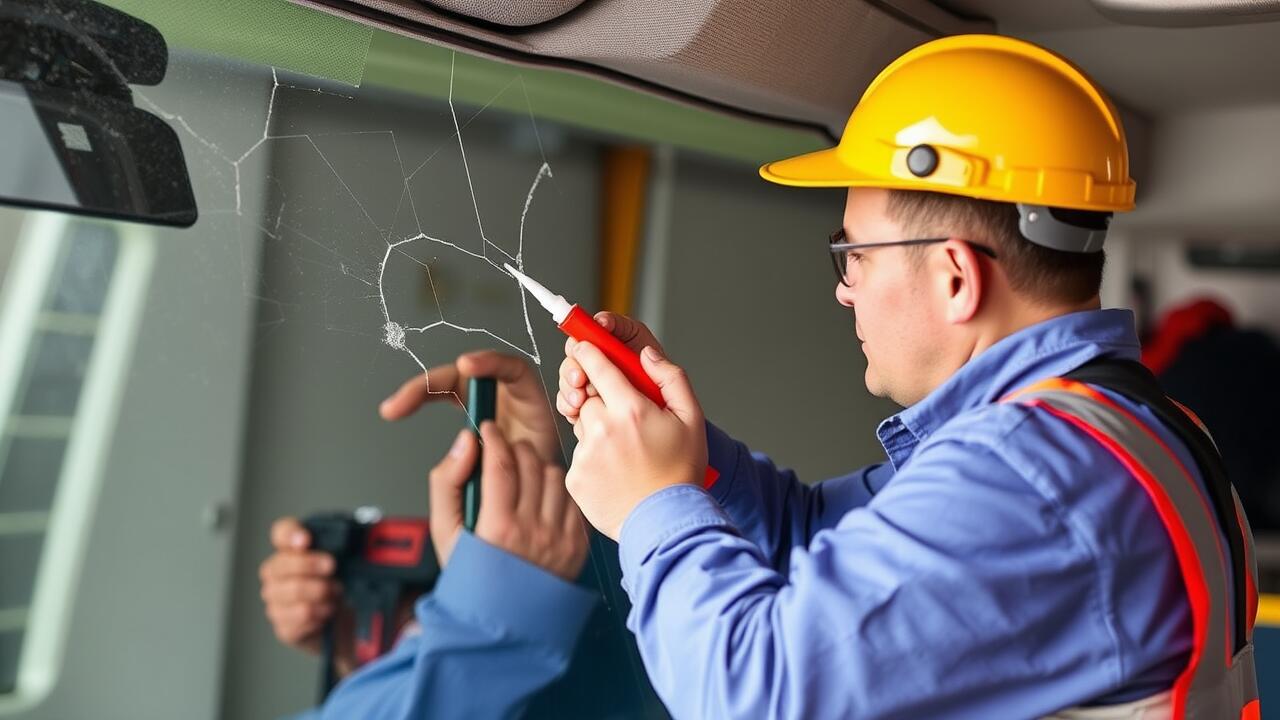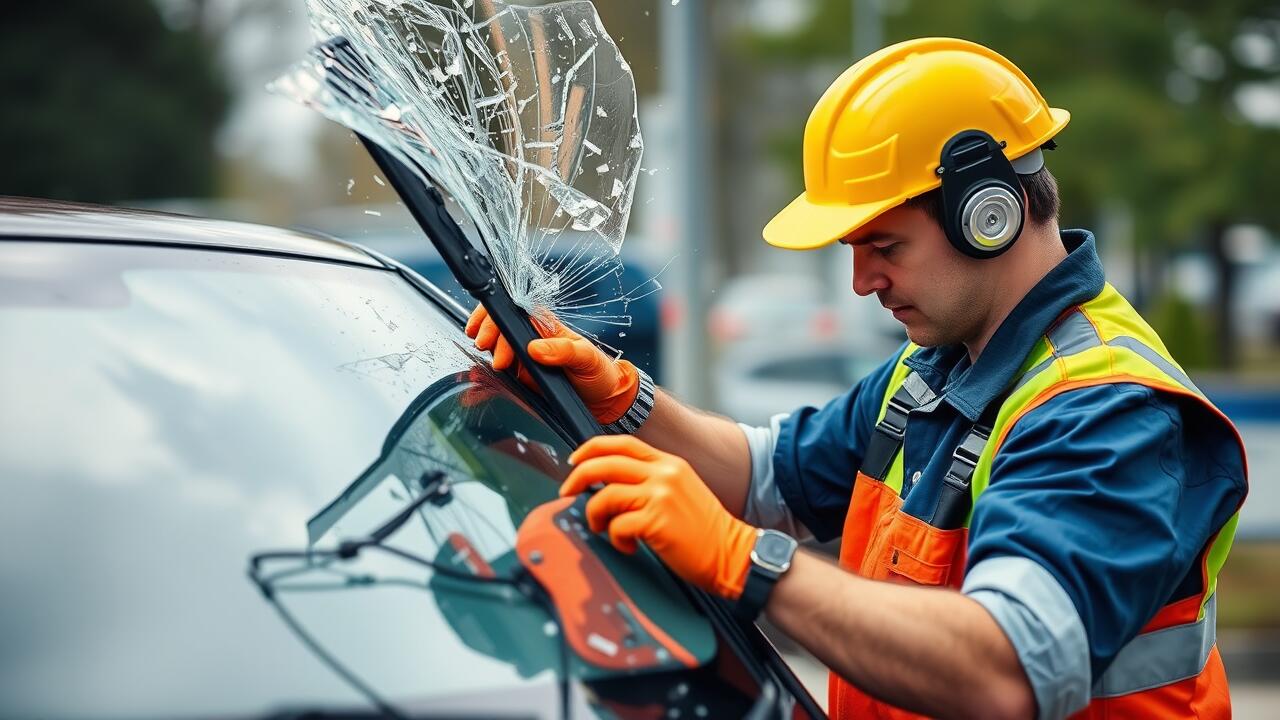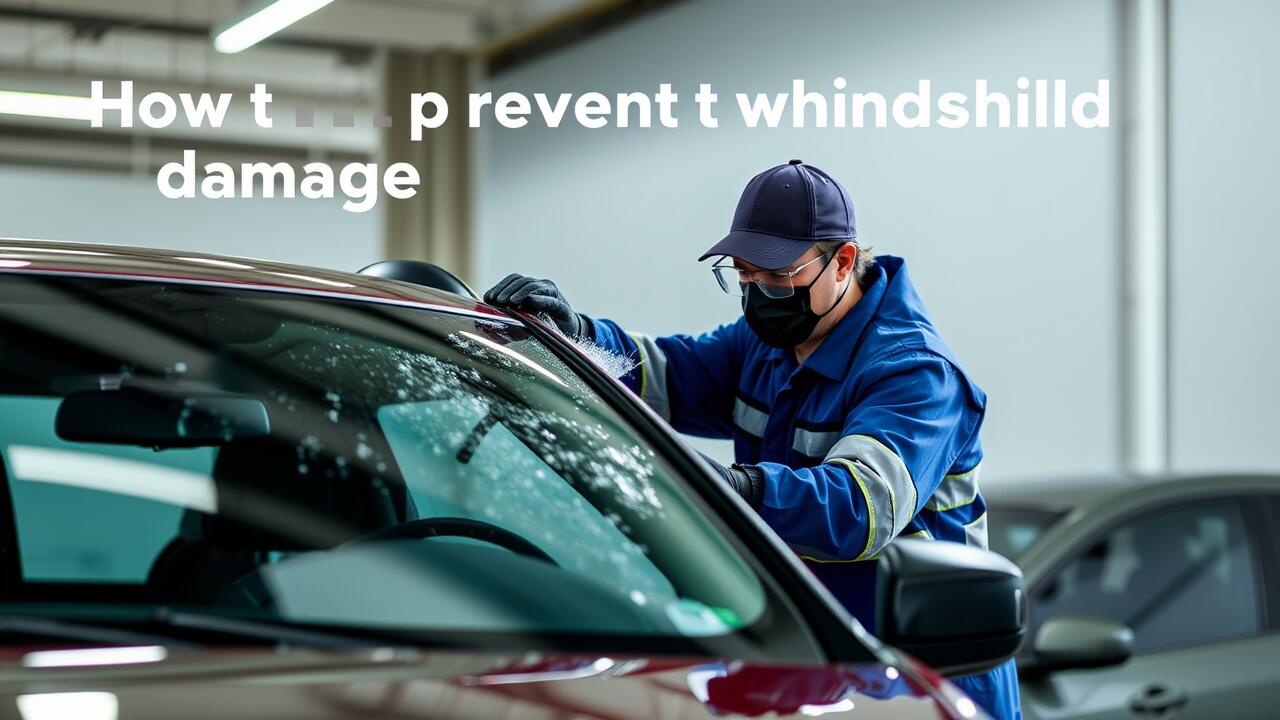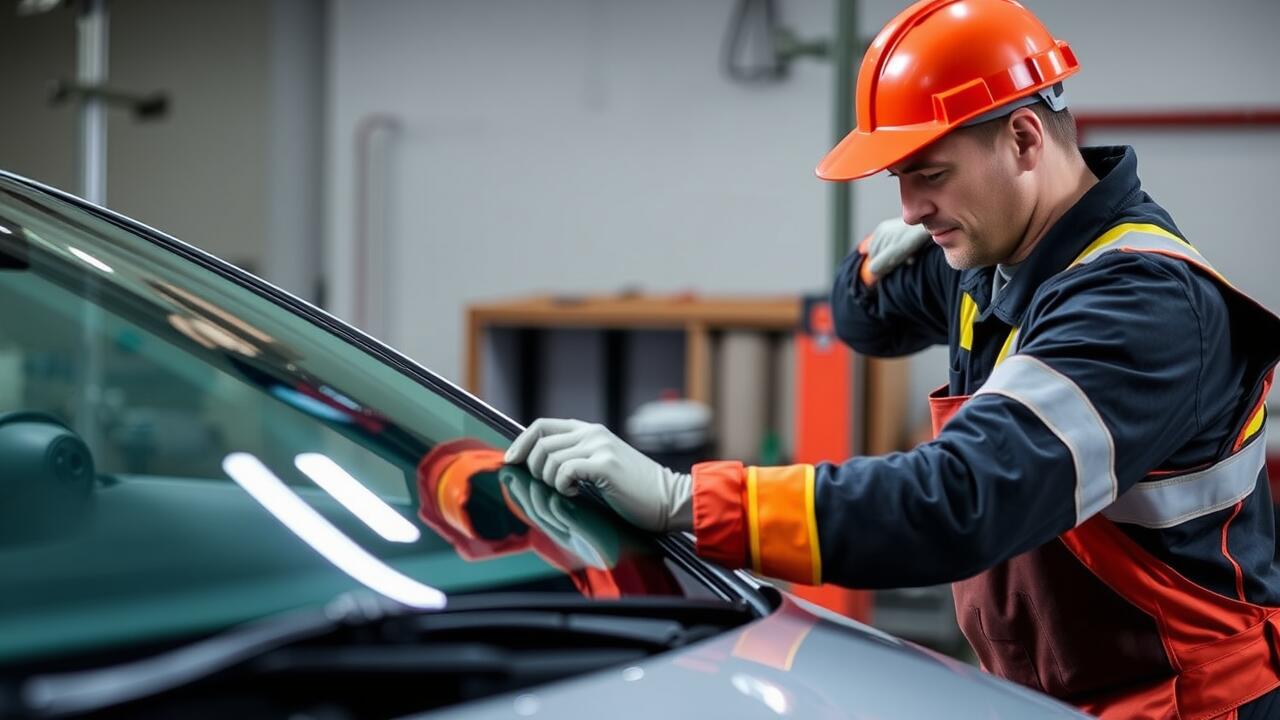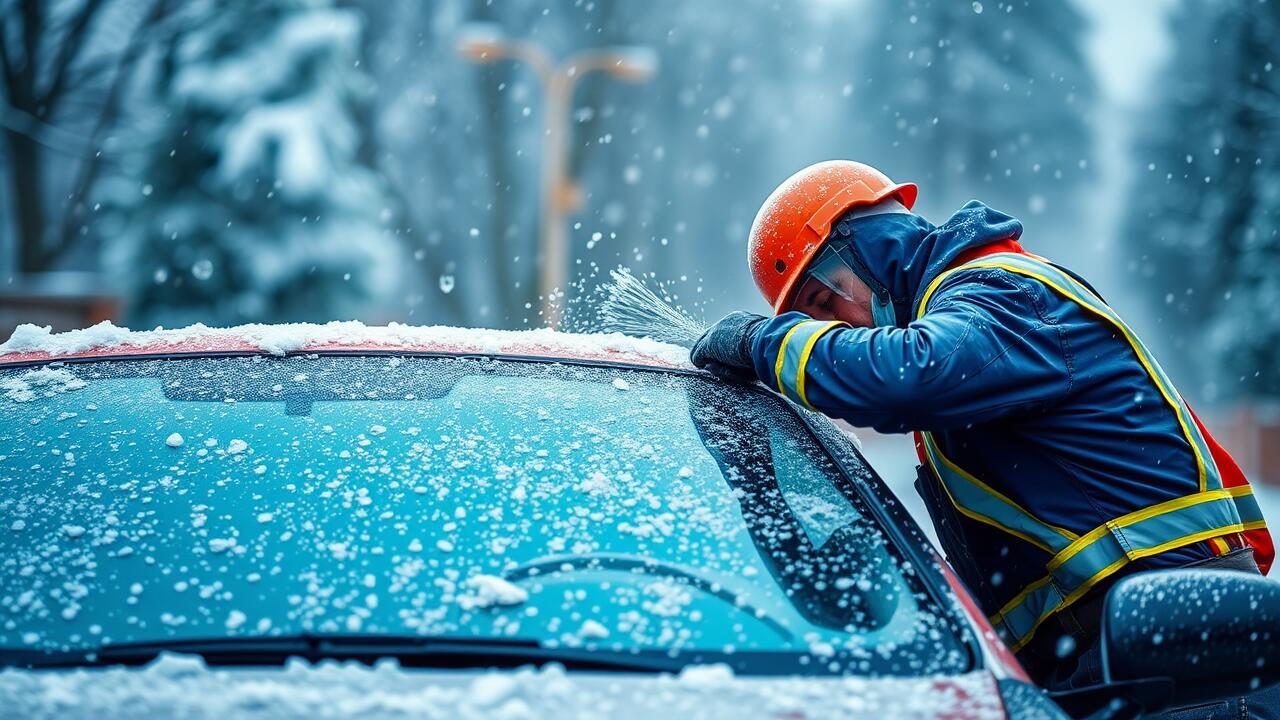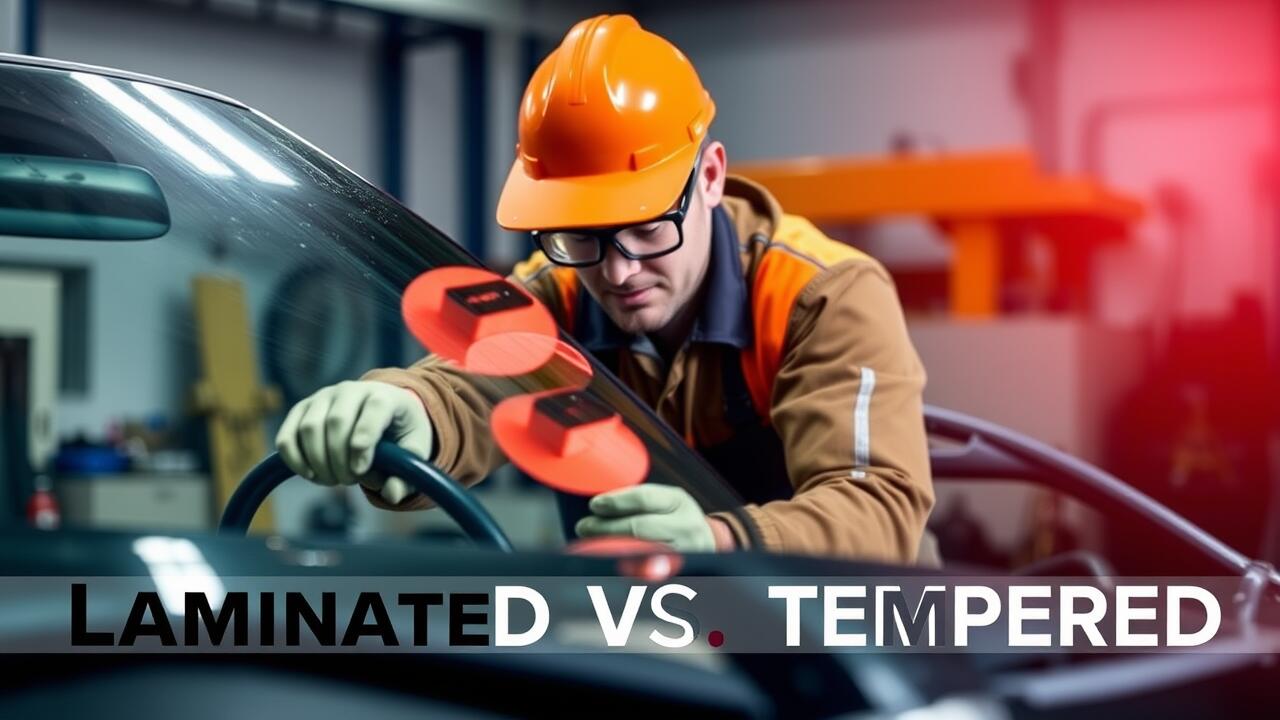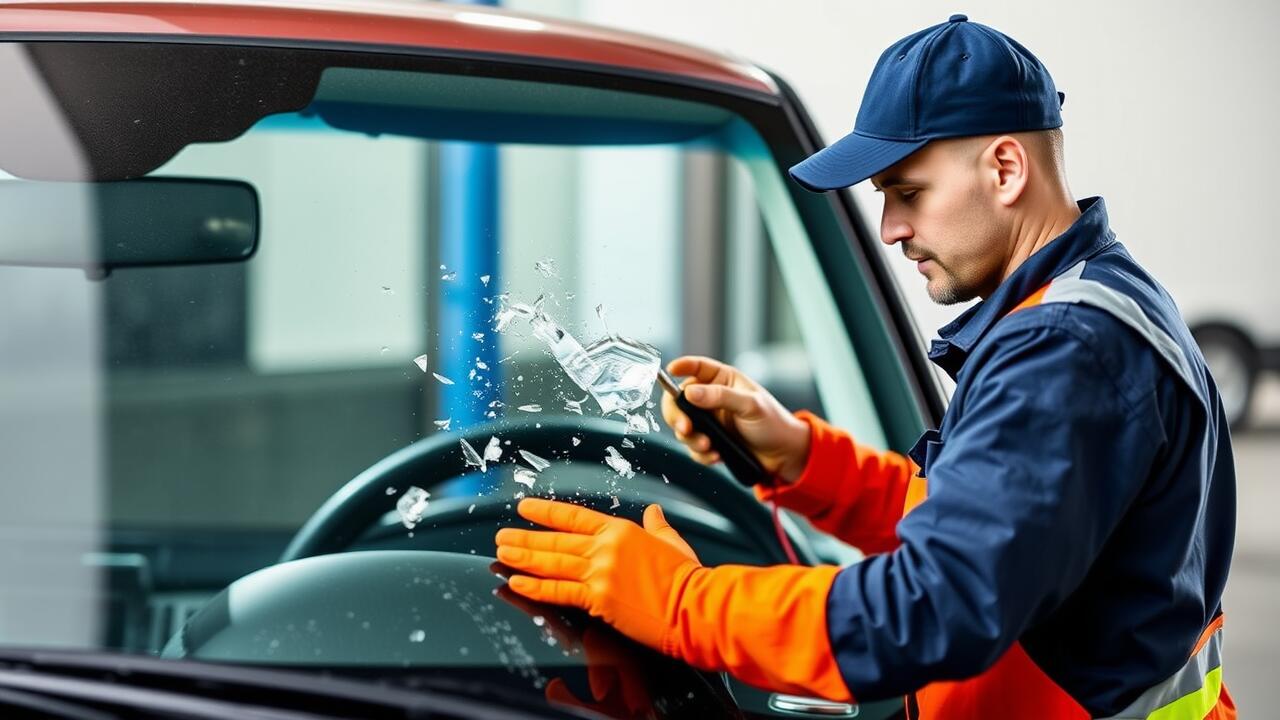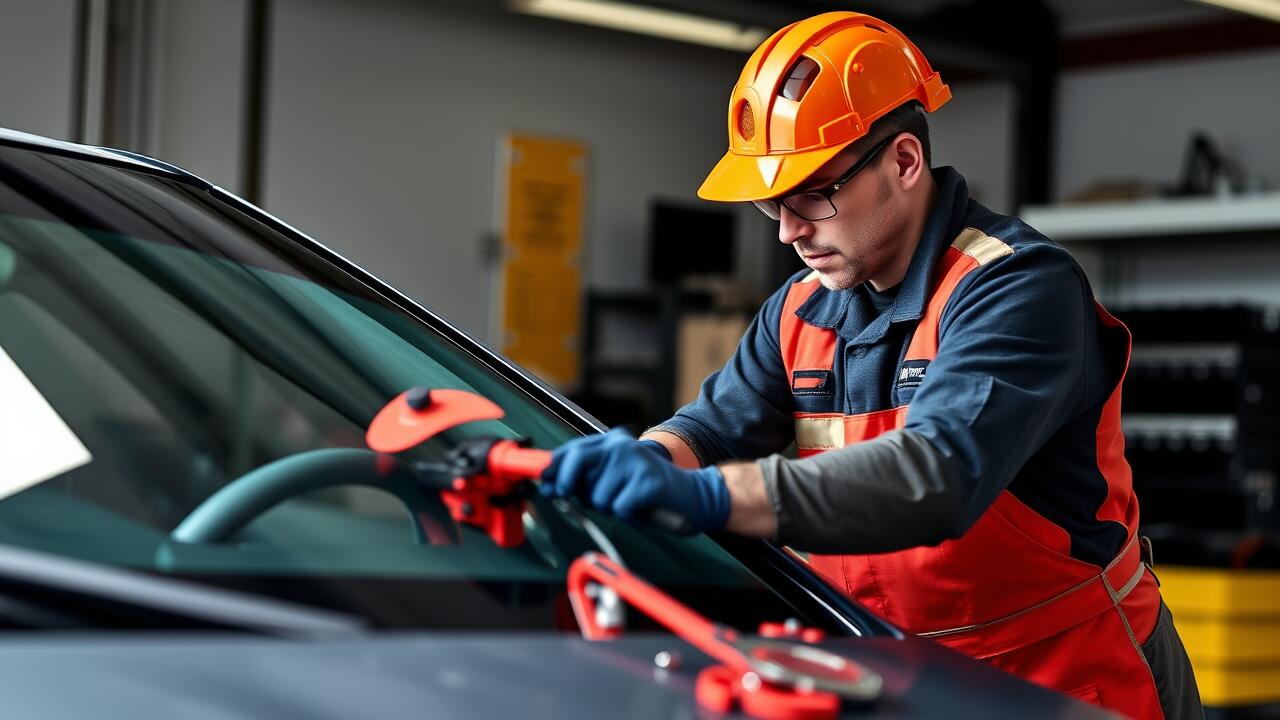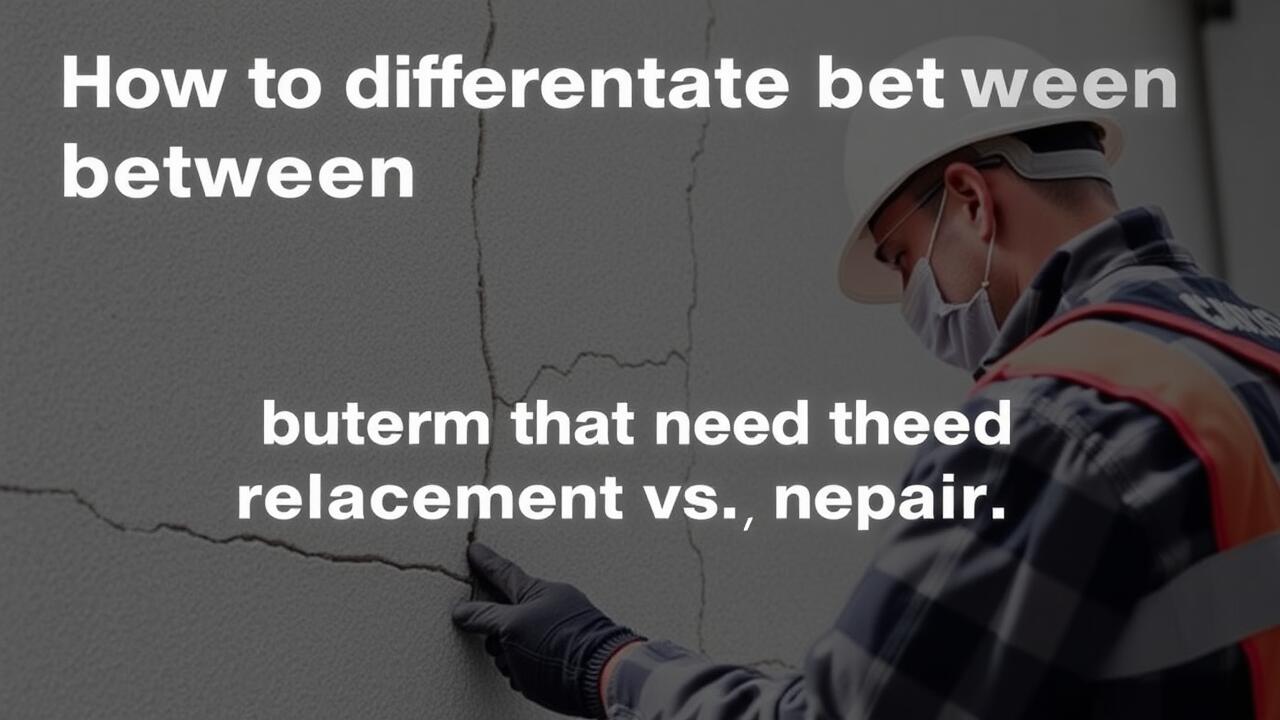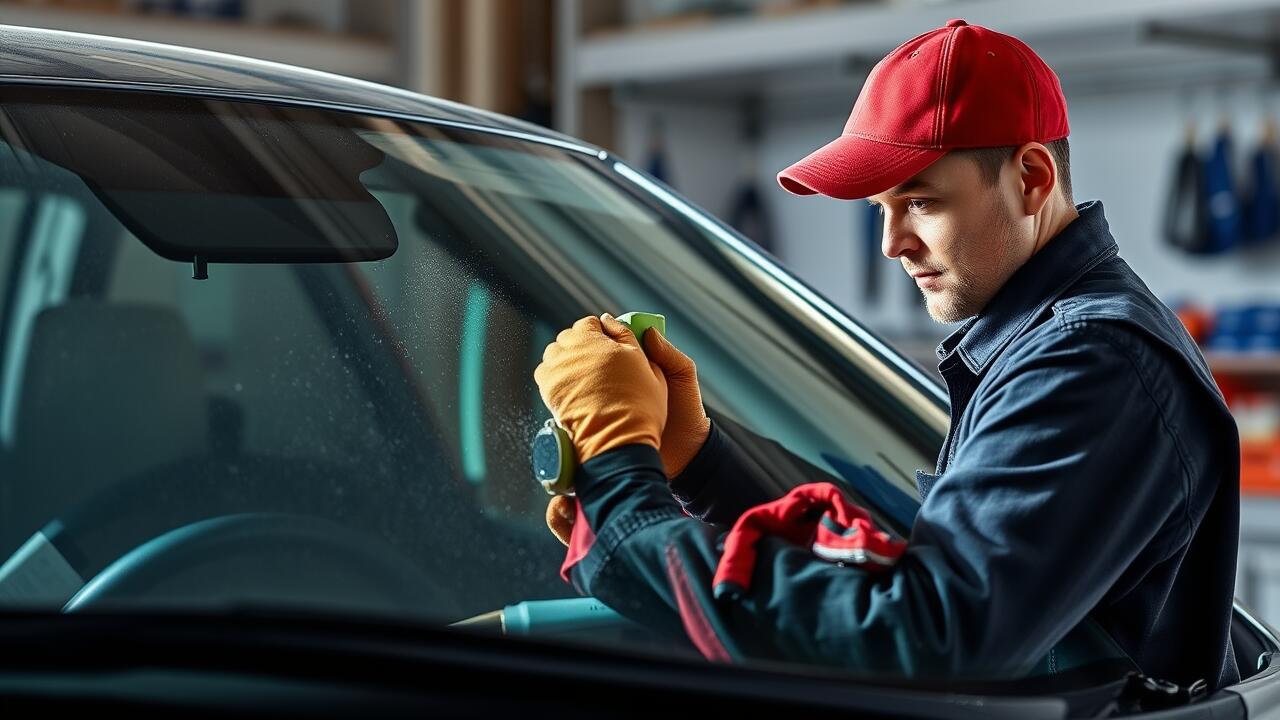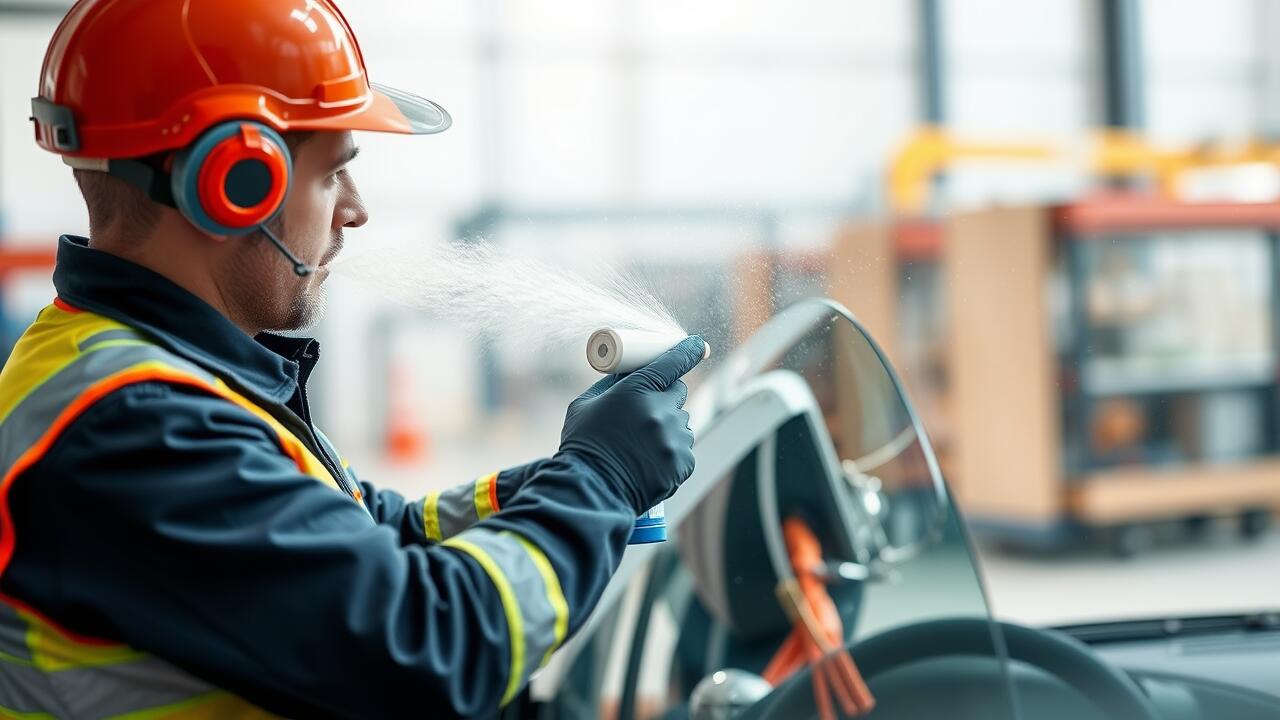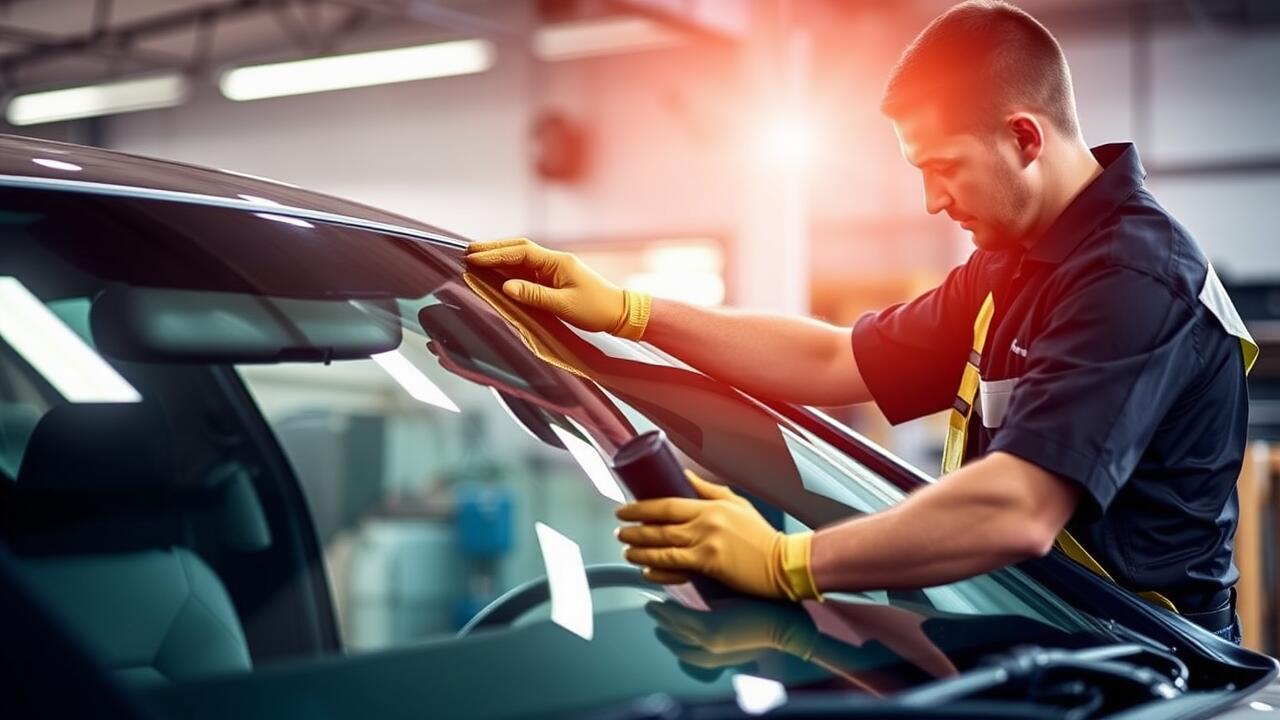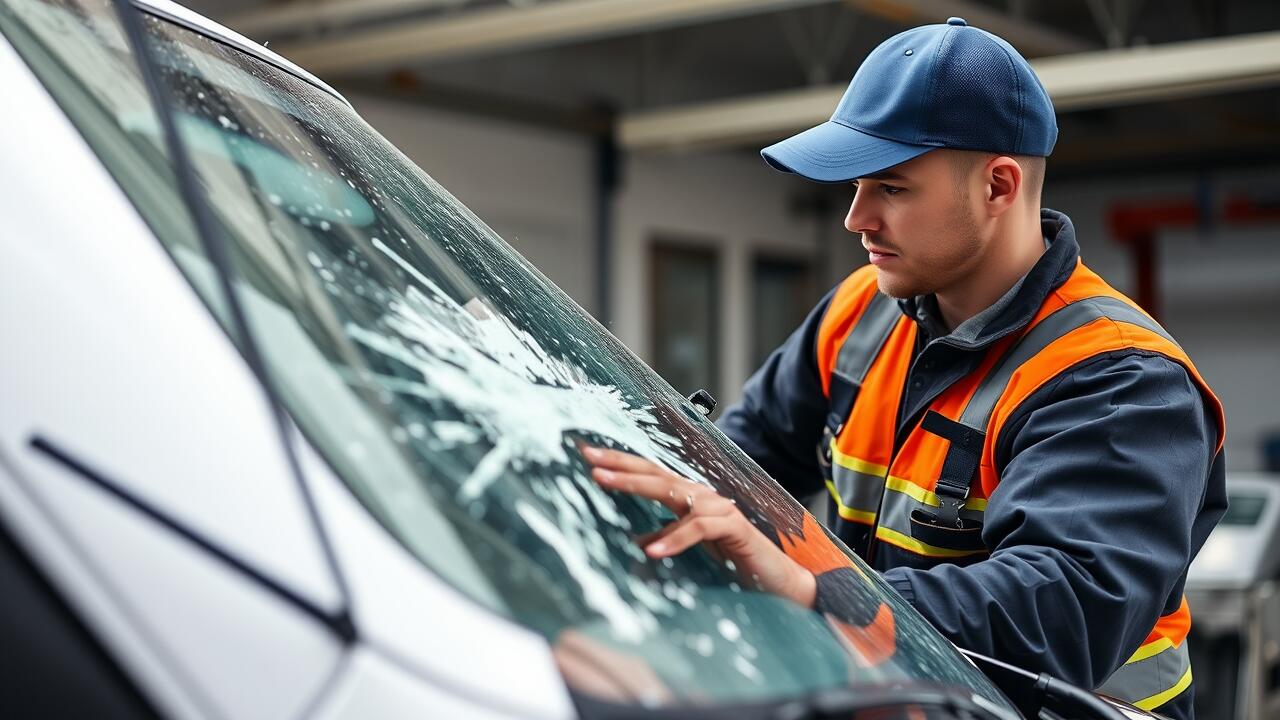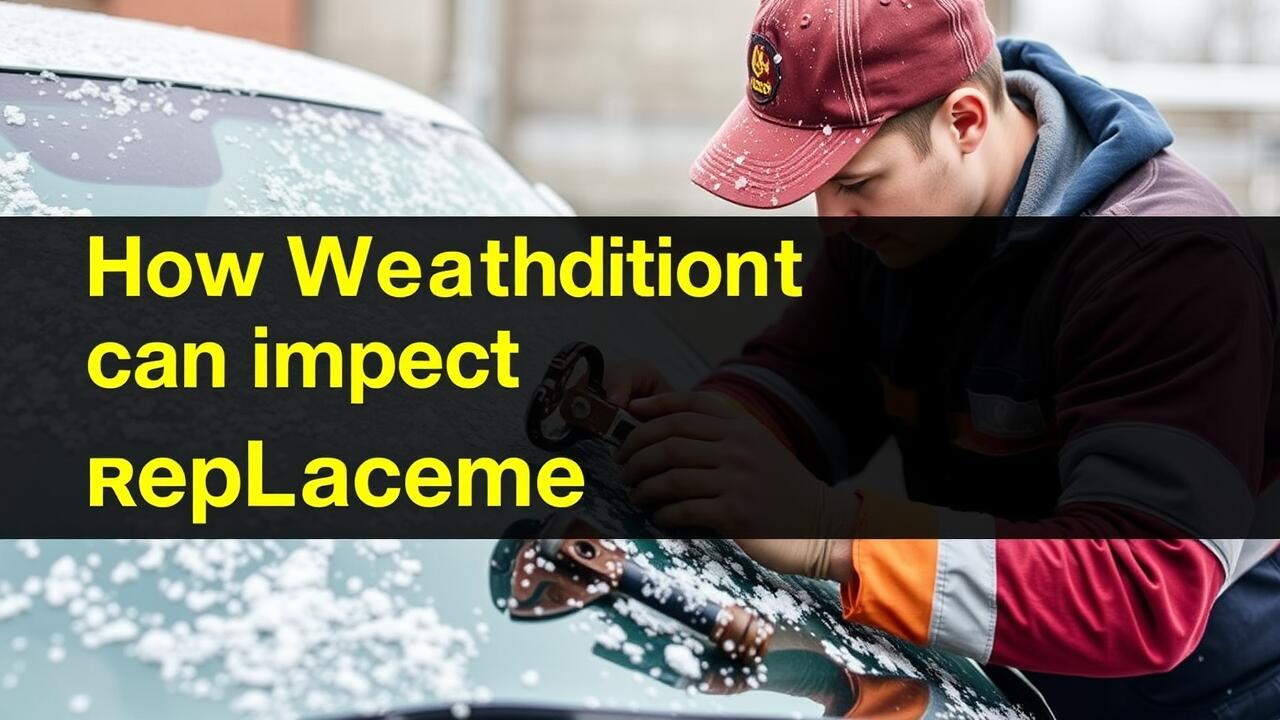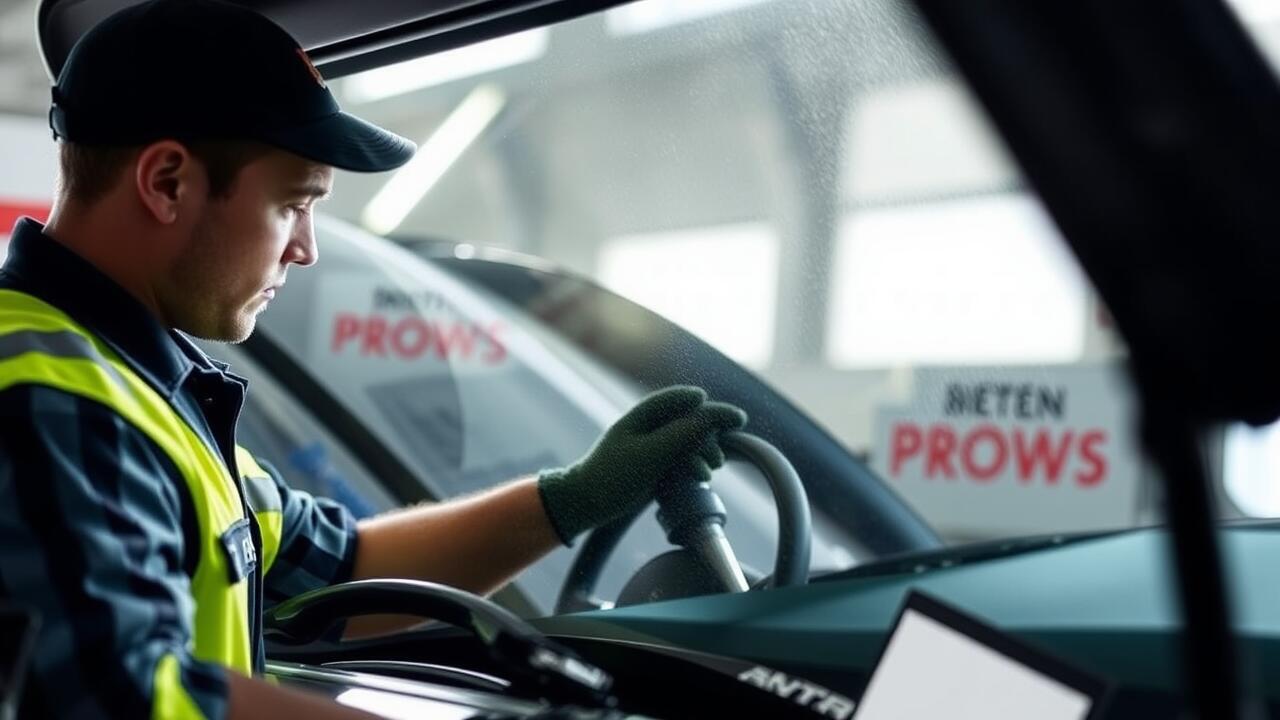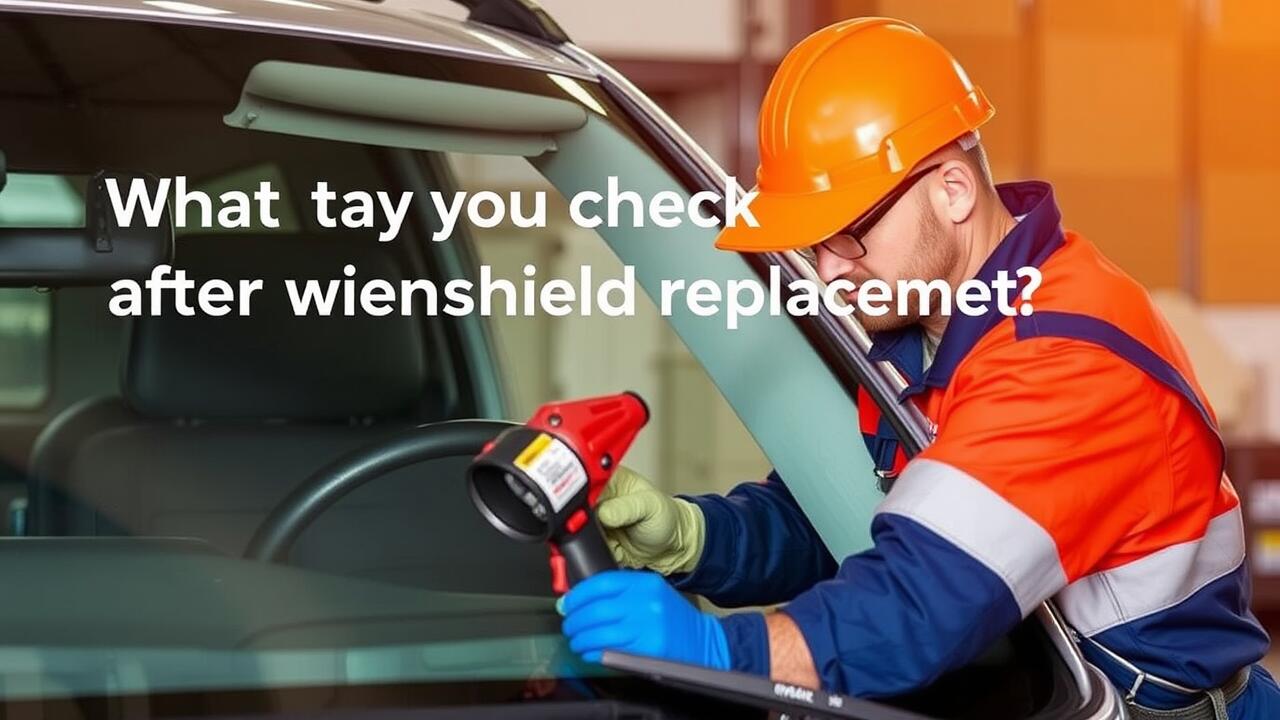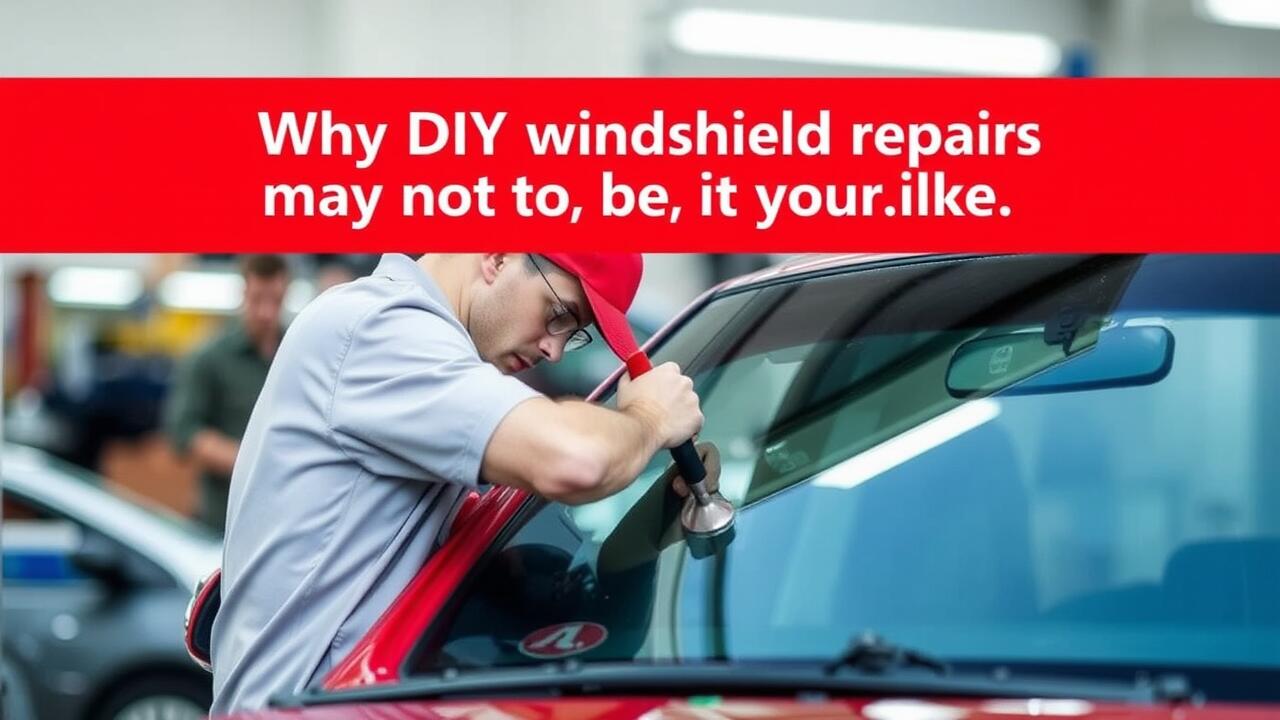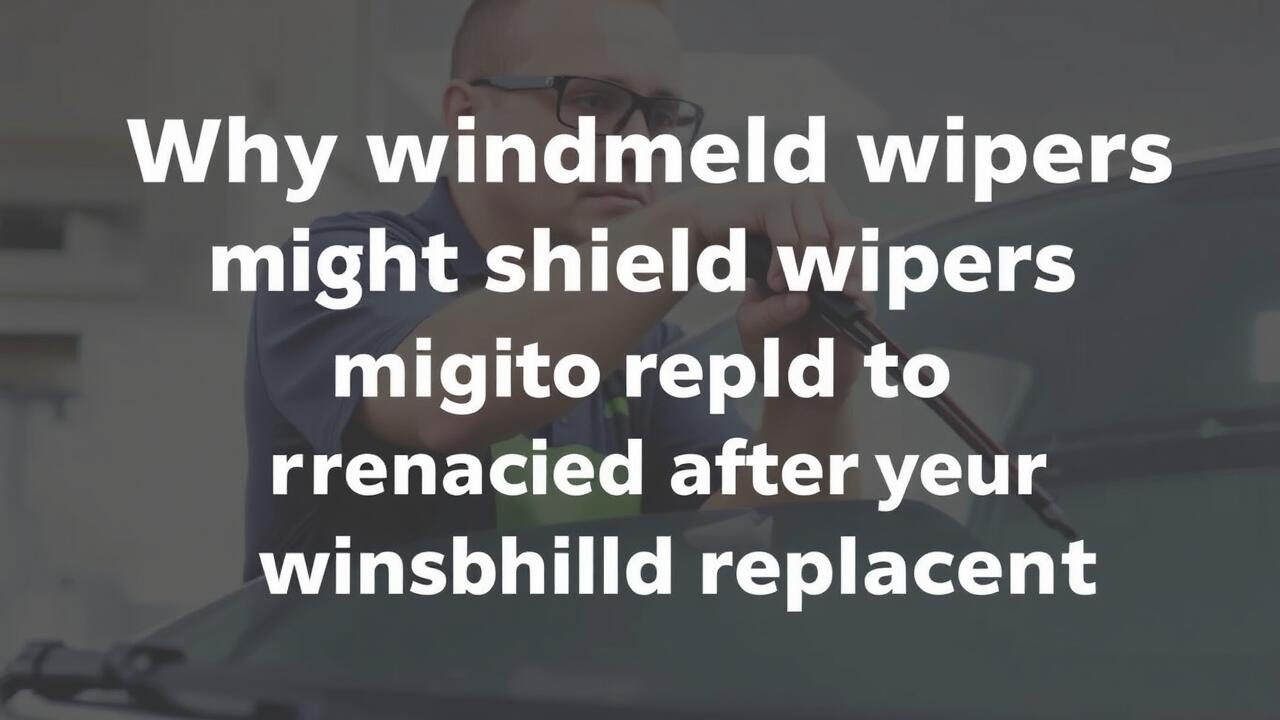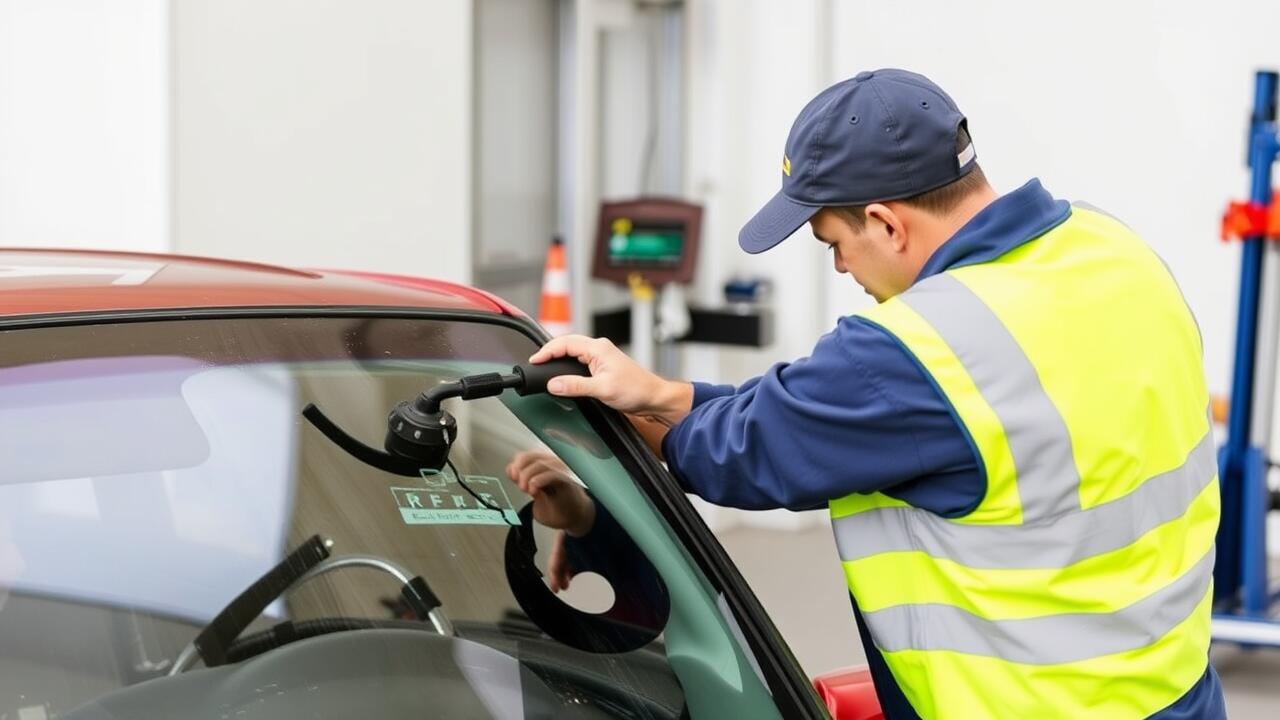
Table Of Contents
Myth
Many people believe that weather conditions, such as rain or cold temperatures, can compromise the effectiveness of adhesives used in windshield replacement. However, modern adhesives are formulated to cure properly regardless of outside weather conditions. They are designed to adhere securely even in challenging environments, ensuring a strong bond during the windshield installation process.
Another widespread myth is that all insurance policies automatically cover windshield replacement. In reality, coverage varies significantly among different insurance providers and individual policies. Some policies may include comprehensive coverage for glass damage, while others may require specific conditions to apply. Always review your policy details and consult with your insurance agent to understand your coverage options for windshield replacement.
The Science Behind Windshield Adhesives
Windshield adhesives play a critical role in ensuring the safety and integrity of a vehicle after windshield replacement. These adhesives are typically made from urethane, a strong, durable material that provides a waterproof seal and maintains the structural integrity of the vehicle. Urethane adhesives cure through a combination of moisture and temperature, allowing them to bond effectively with both the glass and the vehicle frame. This unique curing process contributes to the longevity and performance of the adhesive, making it essential for proper windshield replacement.
Proper application of these adhesives is equally important. Technicians follow specific guidelines regarding drying times and environmental conditions to ensure the adhesive sets properly. While some believe that rain or cold weather can compromise the efficacy of the adhesive, modern formulations are designed to withstand varying environmental factors. This advances in adhesive technology have made windshield replacement safer and more reliable, regardless of the weather conditions at the time of installation.
Myth
One common myth surrounding windshield replacement is the belief that rain and cold weather can interfere with the adhesive used in the process. Many people think that wet or frigid conditions might compromise the bond formed between the new windshield and the vehicle frame. In reality, modern adhesives are designed to withstand various environmental factors, ensuring a secure seal regardless of weather conditions at the time of installation.
Another misconception is that insurance policies automatically cover windshield replacement. While many insurance plans do include coverage for glass damage, the specifics can vary significantly from one policy to another. Drivers often assume their insurance will take care of the full cost without considering deductibles or limitations. Understanding the particulars of your insurance policy is crucial to determine what expenses may be involved in a windshield replacement.
Navigating Insurance Policies for Glass Damage
Understanding insurance policies can be challenging, especially when it comes to glass damage. Many drivers assume that their insurance provider automatically covers windshield replacement, but this is not always the case. Different insurance plans have varying levels of coverage, and factors such as policy specifics and deductible amounts can significantly impact out-of-pocket expenses. It's crucial to read the fine print of your policy or consult with your agent to clarify what is included.
In some instances, policies may only cover windshield replacement if the damage meets specific criteria, such as being caused by a covered event like vandalism or weather-related incidents. Some insurers offer specific coverage for glass damage, which may include repair and replacement options. Being proactive by understanding the details of your insurance can save you money and ensure you access the necessary services when dealing with windshield replacement.
Myth
Many car owners believe that they must replace their windshield whenever damage occurs, but this is not always true. Windshield replacement is often seen as the only solution for cracks or chips, leading to unnecessary expenses and inconvenience. However, small damages can frequently be repaired, restoring visibility and structural integrity without the need for a complete replacement.
In some instances, repairing a windshield can provide a quick and cost-effective alternative. Factors such as the size, location, and type of damage play a crucial role in determining whether a repair is possible. Making informed decisions about repair versus replacement can save time and money while ensuring the safety of the vehicle remains a top priority.
When Repairing Is a Feasible Option
When evaluating whether to repair a windshield or go for a full windshield replacement, several factors come into play. The size and location of the damage are critical; small chips or cracks that are less than six inches in length can often be repaired effectively. Damage situated away from the driver's line of sight also increases the likelihood that a repair will be a feasible option.
In addition, time and cost considerations influence the decision. Repairs typically take less time than a full windshield replacement, allowing vehicle owners to get back on the road quickly. Moreover, insurance policies may favor repair over replacement, as it is generally more cost-effective for both the insurer and the insured. When deciding, it's essential to consult with a certified technician who can assess the damage accurately and provide guidance on the best course of action.
FAQS
Can rain or cold weather really affect the adhesive used in windshield replacement?
No, modern windshield adhesives are designed to cure effectively in various weather conditions, including rain and cold temperatures.
Will my insurance always cover the cost of windshield replacement?
Not necessarily. Insurance coverage for windshield replacement can vary based on your policy, deductible, and the specific circumstances of the damage. It’s important to review your policy details.
Is it true that all damaged windshields need to be replaced?
No, many windshields can be repaired if the damage is minor, such as small chips or cracks. A professional assessment is necessary to determine if repair is a feasible option.
What are the benefits of repairing a windshield instead of replacing it?
Repairing a windshield is often quicker, more cost-effective, and helps maintain the integrity of the original glass. Additionally, it can be done without the need for recalibrating advanced driver assistance systems.
How can I find a reliable service for windshield repair or replacement?
To find a trusted service, look for reviews online, ask for recommendations from friends or family, and ensure the service provider is certified and experienced in windshield repairs and replacements.
